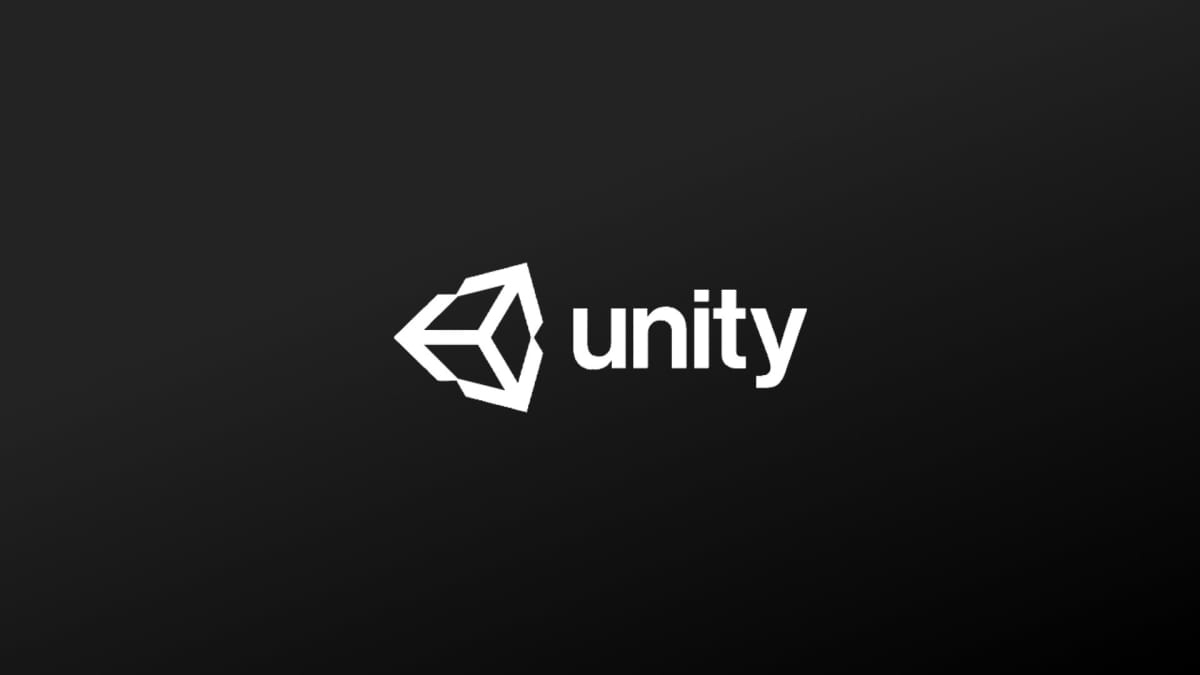After endless speculation, the Unity IPO has finally been filed, prepping this competitor to the Unreal Engine for expansion into a new level of business.
Unity, as you may know, is a game development engine that sees a lot of use around the world. This is fueled in part by the ease of developing for multiple platforms alongside its indie-friendly pricing scheme — indeed, it's possible to create games without spending a penny. Commercial developers will likely have to upgrade to a paid plan, of course, but they can get their start without any kind of serious investment.
Now, Unity has filed an IPO (Initial Public Offering). As Investopedia explains, an IPO involves a private corporation publicly trading its shares on a stock market of its choice, bringing in money from anyone who wishes to buy its shares at market value. This has the potential to be a big payday for Unity, but it's not without its risks.

The Unity IPO Has Promising Numbers (and a Cautious Outlook)
Any company filing an IPO has to fill out Form S-1 and submit it to the Securities and Exchange Commission, the government exchange responsible for regulating stock market trading. The Unity IPO S-1 is now public, and that gives us some insight into the company as it stands today.
For example, Unity brought in an impressive $541 million in calendar year 2019. That's a lot of cash, but the company actually lost $163 million in change for the year. thanks largely to its operating expenses. Nearly half of its revenue has been spent on research and development; the remainder has been focused on sales, marketing, and the general day-to-day operation of the company.
Young companies like Unity typically run in the red for the first few years, especially as they tend to reinvest their profits back into the company to fight for even stronger growth. That said, Unity is wisely cautious about its future prospects.
"While we have experienced significant revenue growth in recent periods, this growth rate may decline in future periods, and you should not rely on the revenue growth of any given prior period as an indication of our future performance. We are not certain whether we will be able to sustain or increase our revenue or whether or when we will attain sufficient revenue to achieve or maintain profitability in the future. We also expect our costs and expenses to increase in future periods, which could negatively affect our future results of operations if our revenue does not increase by amounts sufficient to offset such costs and expenses." — Unity's S-1 Form
This may sound dire, but an honest assessment of the risks is pretty standard for an IPO. In this case, Unity needs to maintain its many subscriptions to its professional licenses while focusing on growing as a company and developing new innovations. As with all things, one or more of these ventures might fail, and that could negatively impact the stock price in the future.
That said, the Unity IPO seems promising at its face. Games using this engine are installed on hundreds of millions of devices around the world and an upcoming console generation (along with a rumored new Nintendo Switch) will surely fuel a new wave of game development. We can't say for sure how Unity will do in the long run, but the competition between game engines is sure to be interesting.
Are you excited for the Unity IPO? Do you think going public will negatively impact the company in the long term? Let us know in the comments below!






